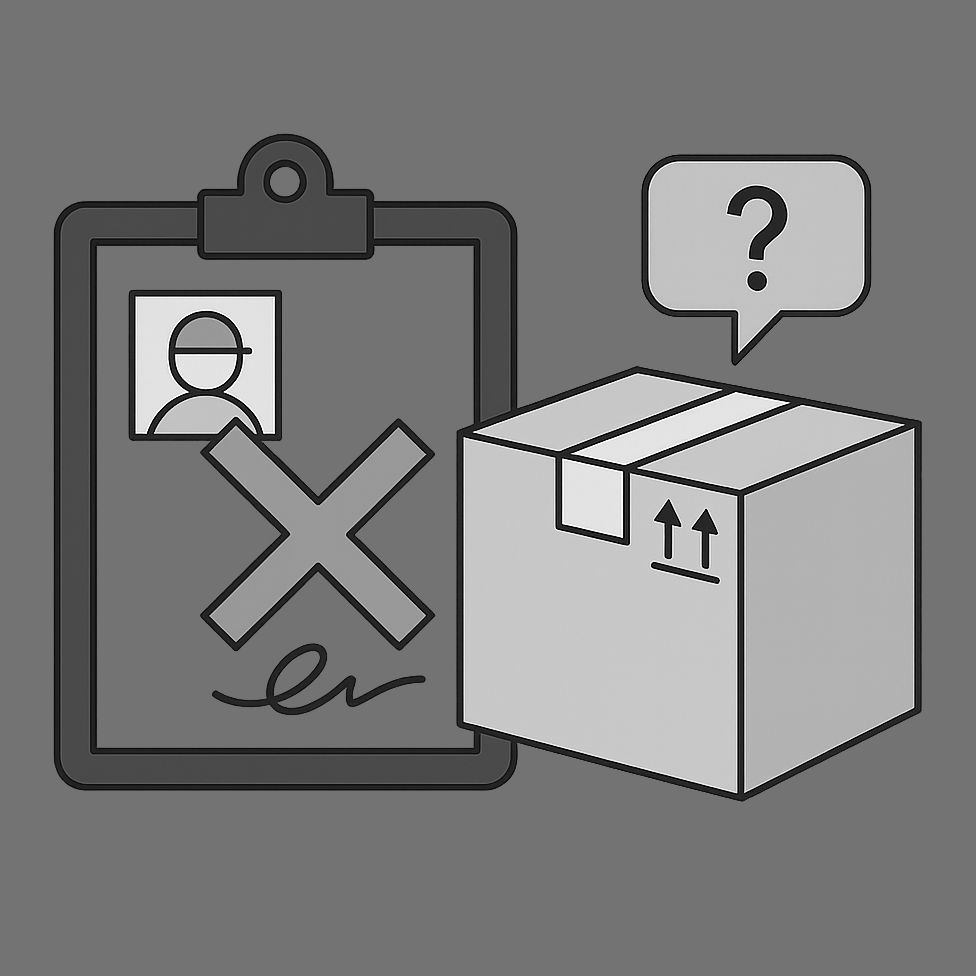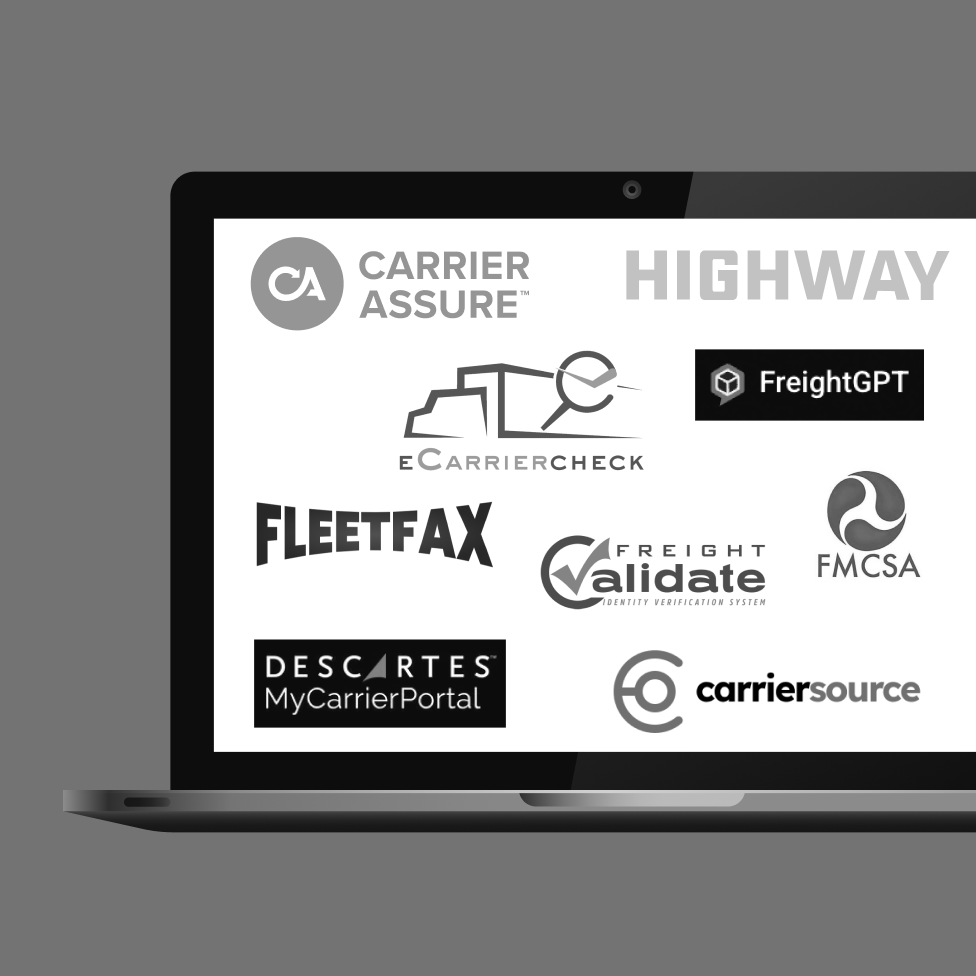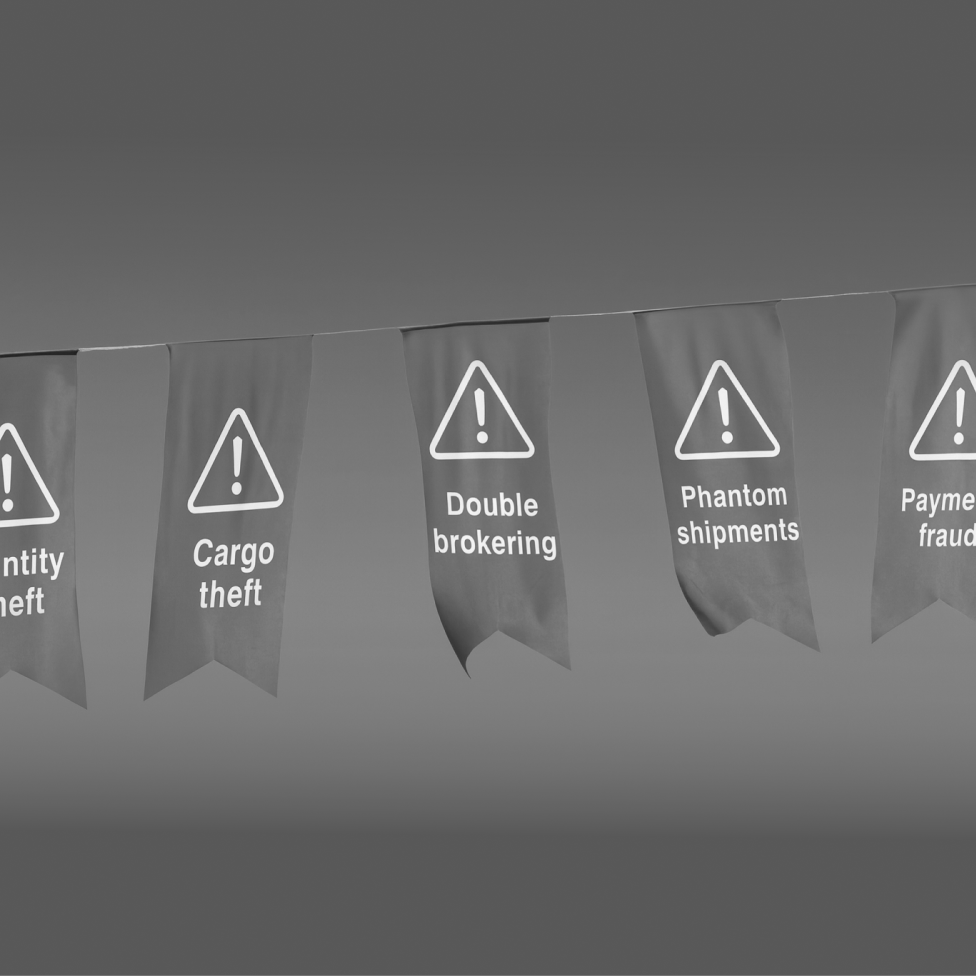Not all factoring solutions are created equal.
Freight factoring is an excellent solution if you're looking to leverage your business's working capital to attract more clients and build strong relationships with carriers.
But which type of factoring is best for you?
There are two common types of freight factoring:
- Recourse
- Non-Recourse
The primary difference between the two options is who bears the responsibility in instances of non-payment. However, this distinction introduces nuances that can significantly affect your business.
It’s worth understanding both types. Not bearing responsibility doesn’t necessarily mean you’re getting the best contract term. In fact, it could be costing you.

Recourse Factoring for Freight Brokers
Recourse factoring means you assume liability for invoices that are not paid. In exchange, the fees for these services are lower, and your customers are more likely to be approved for a credit line.
The Benefits of Full Recourse Factoring for Brokers
Wondering if recourse factoring is right for your freight brokerage or trucking business? Here are some of the main benefits:
Lower Fees
One of the main benefits of full recourse factoring for freight brokers is that you can usually get a lower factoring fee because the factoring company is taking on less risk themselves.
Recourse factoring fees range from 1% to 5% depending on your volume, business credit, and various additional factors.
Flexible Time to Pay
Even though most recourse factoring companies will charge-back an invoice within 90 days if they can’t get payment from the customer, there is always room for flexibility.
For example, in the recent down market many shippers have been extending their payment terms to 90 to 120 days. Instead of instantly denying you the customer, recourse factoring companies will examine their credit and find a way to work with you.
In addition to this flexibility, recourse factoring companies are also diligent in figuring out the reason for a non-payment before it becomes an issue.
More often than not, the reasons are related to paperwork (a page of the BOL is missing, the AP contact quit and we need to get an updated phone number, etc.). These issues are generally resolved well before approaching the recourse timeframe of non-payment.
Work with More Clients
Running a brokerage has inherent risks. At the top of the list is taking on new clients, especially those just starting out or with low credit scores. There is a chance of non-payment and there’s also a chance to grow your businesses together and take on more and more loads.
With recourse factoring, you have the choice to take on these risks. Recourse factoring companies will do a deep dive on customer’s credit and notify you of any potential glaring red flags and provide a fair credit limit.
Because recourse factoring companies are not liable for non-payment, you are going to find it easier to factor customers that may have some risk. Your customer pool is much bigger. And you get to reap the full reward.
Quick Processing
Other lenders may ask for stipulations or wait periods that make getting paid more trouble than it's worth. Recourse factoring companies are typically able to review applications in 2-4 business days, so you can turn your invoices into cash in under a week.
.png)
The Downside to Full Recourse Factoring for Brokers
The main challenge with full recourse factoring is the broker's responsibility for customer non-payment, especially in the event of bankruptcy. With the current market dynamics, where numerous trucking companies face financial hardships, the risk of delinquent payments looms larger than ever.
However, this risk isn't insurmountable. Brokers have access to a variety of strategies—many of which are cost-free—to safeguard their operations and financial health:
- Foster Strong Customer Relationships: Regular interactions with your shippers can provide insights into their business health and preempt potential payment issues.
- Monitor Payment Patterns: A history of late payments can be a red flag, indicating deeper financial troubles.
- Keep an Eye on Credit Scores: A declining credit rating is often a precursor to financial instability.
- And more… Read our article for detailed warning signs of bankruptcy.
By maintaining close relationships with your clients and vigilantly monitoring their financial health, you effectively reduce the risks associated with non-payment that full recourse factoring presents.
Non-Recourse Factoring for Freight Brokers
Non-recourse factoring means the factoring company takes responsibility for non-payment in cases of customer bankruptcy.
The Benefit of Non-Recourse Factoring for Brokers
In a market where we saw 8,000 brokerage and 88,000 carrier bankruptcies filed in the last year, finding ways to reduce risk is a serious benefit. Non-recourse factoring removes or lessens the risk of non-payment due to customer bankruptcy.
Even with the best non recourse factoring companies usually have a loophole in the agreement that states that the only time you will not be charged back on a load is if the customer files for bankruptcy or goes out of business within the 90-day collection period.
The Downsides of Non-Recourse Factoring for Freight Brokers
Non-recourse factoring might sound tempting because you have less liability as a freight broker, but there are some important considerations as you grow your brokerage and need more flexibility.
Limited Customer Base
Because a non-recourse factoring company will be taking on more risk, non-recourse factors screen the broker’s customers very thoroughly and will factor loads only from customers who have impeccable credit.
As growing brokerages are not likely to work exclusively with blue-chip customers, there is a good chance that the freight brokerage will have all or most of its customers denied by the non-recourse factoring company.
Not to mention, because a non-recourse factoring company is inheriting the risk, they are going to be invasive with your customer. They will want a long laundry list of financial data before being able to extend a credit line. This can be extremely disruptive to your relationships.
Higher Rates
As you research factoring companies, you may find that non-recourse factoring companies often charge a higher rate because they are taking on more risk.
Typically non-recourse factoring rates start at 2% and can go as high as 6%.
In addition to that, generally only established brokerages will be approved for non-recourse factoring.
Not a Full Coverage Option
Non-Recourse factoring can be very misleading. Many see non-recourse and think their brokerage is safe from ALL forms of non-payment.
However, many non-recourse factoring agreements typically only cover non-payment during instances of bankruptcy.
Some of the cases in which brokers are not protected by non-recourse factoring include:
- Disputed invoices
- Contract breaches
- Invoice errors or discrepancies
- Customer insolvency from external factors outside their control (ie: natural disasters)
- Cases of fraud or illegal activity (ie: double brokers)
What you Need to Know about Recourse vs Non-Recourse Factoring in 2024
When deciding between recourse and non recourse freight factoring in 2024, freight brokers should consider the following:
- Financial model and plans - Can your margins afford a higher factoring fee for a small safety net?
- Client base - Are any of your clients giving signals of bankruptcy? If so, are there other ways to reduce the risk (ie: diversifying your portfolio, increasing rates, or insurance).
- Terms and Conditions - Do you have the time and bandwidth to manage a factoring company with tight restrictions?
Ultimately, the choice between recourse and non-recourse factoring depends on each freight broker's specific needs, risk tolerance, and financial strategy. Engaging with a factoring company that offers transparent terms and aligns with your business values is crucial for a successful partnership in 2024.
Your Freight Broker Factoring Solution
Every freight broker is different and will require different needs with choosing a factoring solution. Freight factoring is a good option to maximize your working capital, manage your cash flow, and build strong relationships with shippers and carriers.
At Denim, we offer recourse factoring because it’s the best way to serve our clients, no matter the size of their brokerage. We also offer a number of tools to protect your brokerage, from unlimited customer credit checks to important business metrics like most and least profitable customers.
Want to learn more about factoring with Denim? Schedule a demo to experience the whole platform!

Denim’s automated solutions streamline your back-office operations. Explore our solutions to see how Denim can help your business scale efficiently.
There's a better way


.png)




